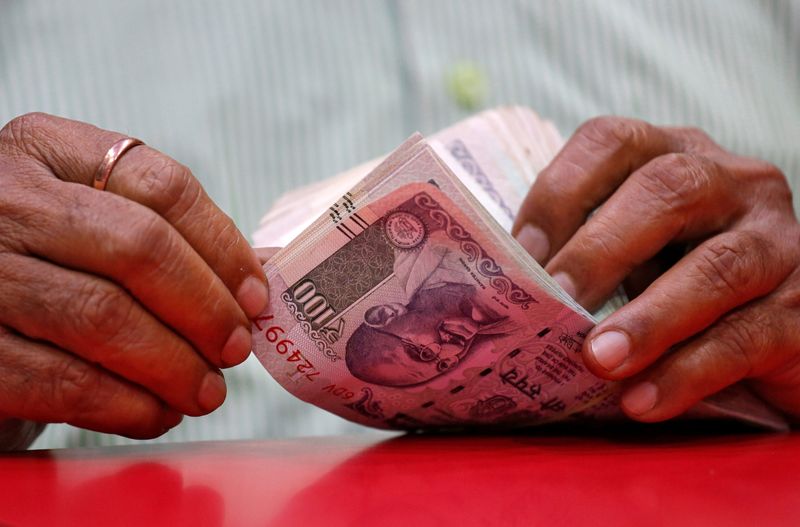Analysts expect increased investment in India
2023.01.09 08:22

Analysts expect increased investment in India
By Tiffany Smith
Budrigannews.com – According to analysts and fund managers, Indian investors are looking to diversify from expensive stock markets by increasing the proportion of debt in their portfolios due to expectations of a peak in policy tightening, a desire to lock in high yields, and diversification.
In the midst of high volatility brought on by the conflict in Ukraine, aggressive rate tightening by the U.S. Federal Reserve and the Reserve Bank of India, and steep inflation throughout the world, debt investments offered only a negligible increase in returns last year.
In the meantime, as a result of the pandemic’s massive rate cuts in 2020 and 2021, returns remained stagnant with low yields.
“People are getting a sense that we are reaching a peak of the rate (hiking) cycle,” said Alok Saigal, the head of the wealth management company Nuvama Private, which manages assets worth 1.2 trillion rupees ($14.58 billion).
“We are actually getting incoming demand from clients asking us for opportunities or avenues where they can lock in yields, where they can allocate a reasonable amount of money to fixed income,” he continued. “We are actually getting incoming demand from clients.”
In 2022, the 10-year government bond yield increased by 87 basis points (bps), while the benchmark AAA-rated short-medium corporate bond yield increased between 150 and 200 bps.
The opportunity cost of investing in equities has increased in tandem with the rise in company valuations over the past two years, resulting in increased fund flows to debt markets.
Over the past three years, equity markets, particularly those in India, have performed exceptionally well as savings have been invested in stocks by domestic investors in the face of negligible or even negative returns from fixed income assets as a result of low rates and high inflation.
According to Unmesh Kulkarni, managing director and senior advisor at Julius Baer India, the gross yield-to-maturity of debt mutual funds has increased to 6.75-7.75%, up from 4.5-5.5 percent in 2021, making it a “very good” entry point for investors with a medium-term horizon.
2023 is likely to be challenging for equity markets due to the likelihood of sustained rate hikes from global central banks pushing economies into a recession and global inflation remaining high.
According to Geojit Financial Services’ chief investment strategist V.K. Vijayakumar, “poor global economic growth is not very good news for equities.”
According to Vijayakumar, he anticipates that fixed income assets, such as government and corporate debt, will yield returns of more than 8% this year, as opposed to less than 6% in 2022.
According to Saigal of Nuvama, if investors are willing to take risks and hold on to their portfolios for a longer period of time, returns could exceed 10%.
Analysts stated that despite the fact that 2023 appears to be relatively better for fixed income in India, there are still some uncertainties.
Given the stubbornly high inflation, global central banks may be unrelenting even as the RBI is anticipated to ease the pace of rate hikes in the future.
More State of emergency declared in California due to bad weather
Kulkarni of Julius Baer stated, “The global situation is the most relevant risk at this point in time.”
“This could prevent the RBI from pausing too early, as any compression in the difference between interest rates could have a negative impact on flows into Indian debt markets and also put pressure on the INR, which has already suffered significantly over the past year,” the RBI said.








